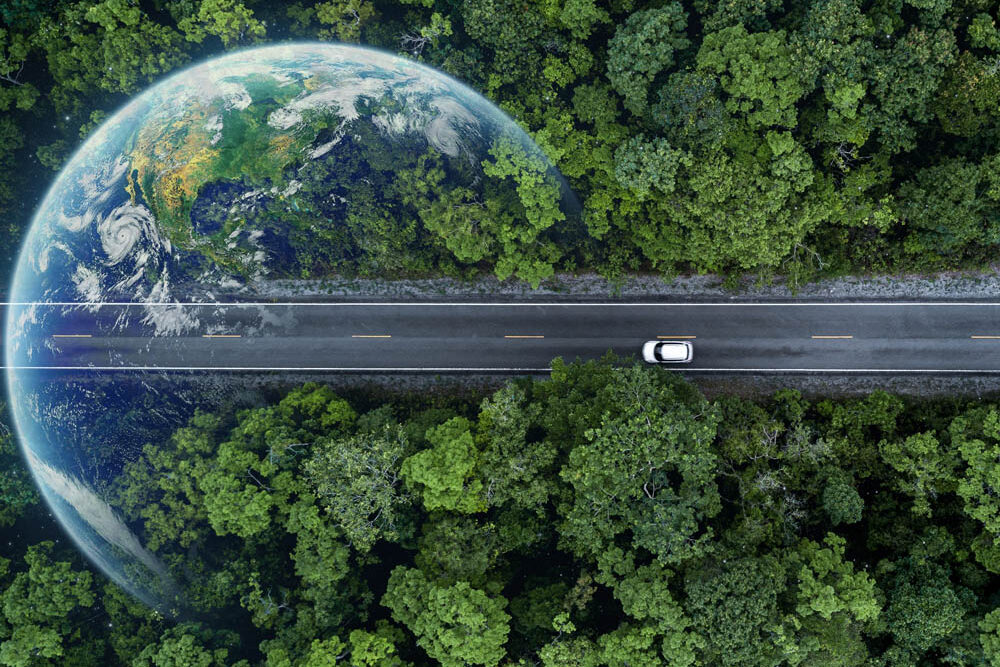Over recent years, the concept of sustainability has become almost interchangeable with climate change and so-called ‘green initiatives’. However, sustainability is about so much more than hollow words and empty platitudes. It’s about ensuring that developing countries have access to clean water and food, and addressing economic disparity so the people who need it most get a slice of the pie.
Because whilst many of the big corporations may use the socially conscious language of ‘stakeholder capitalism’, the concept of sustainability has been reduced to little more than a series of vague promises and meaningless industry buzzwords. In other words, for a great many it’s just a cynical marketing ploy.
We have political leaders and international corporations constantly sounding the alarm about impending climate catastrophe. They tell the public, many of whom are struggling to make ends meet amidst global economic instability, that they must adapt their lifestyles before it’s too late. And whilst I do agree that each of us should look at ways to reduce waste and live in more environmentally friendly ways, it strikes me as just a tad hypocritical when those doing the lecturing are often billionaire ‘philanthropists’ from the comfort of their mansions, private jets and super-yachts.
But does that mean that sustainability is a myth? I believe that with transparency, a real commitment to change and corporate accountability and cooperation, it doesn’t have to be.
Because the real meaning of sustainability is a business meeting its own needs and achieving success without compromising the resources or opportunities of future generations and the poorest sections of society. True sustainability is about turning a profit and yet still operating in a way that benefits the global community.
Sustainability doesn’t have to be a myth, or used as a thinly veiled excuse to exploit environmental and economic crises for monetary gain. I believe that if the big corporations and industry leaders are honest about what is and, just as importantly, isn’t achievable, real change can be made and steps taken towards a more sustainable future, which benefits the many rather than the few.
For example, at Vaculug we donate 10% of all profit to various charitable initiatives. We have just started three new programmes in addition to the Z Aspire Education programmes that we already run. The First is called Homes for Hope where we build homes for the underprivileged. The second is Prayer for Purpose where we pay for widows who have no other source of income and no skills to come to our office in India and pray for the day. This gives them a purpose rather than just a handout. Finally we have also started the Oneness Education Initiative which gives one pound for every Vaculug tyre sold to paying salaries for teachers who go to impoverished villages to educate those who cannot travel.
As global citizens, I believe that all international corporations should look to support local initiatives in the countries where they operate, so that their success feeds back into the communities that helped build them. Because healthier and happier communities are productive communities, which leads to a stronger economy and ultimately, better business opportunities. This is sustainability in practice — it benefits everyone at every level. And rather than meaningless environmental platitudes and empty corporate promises, isn’t that something actually worth aspiring to?
